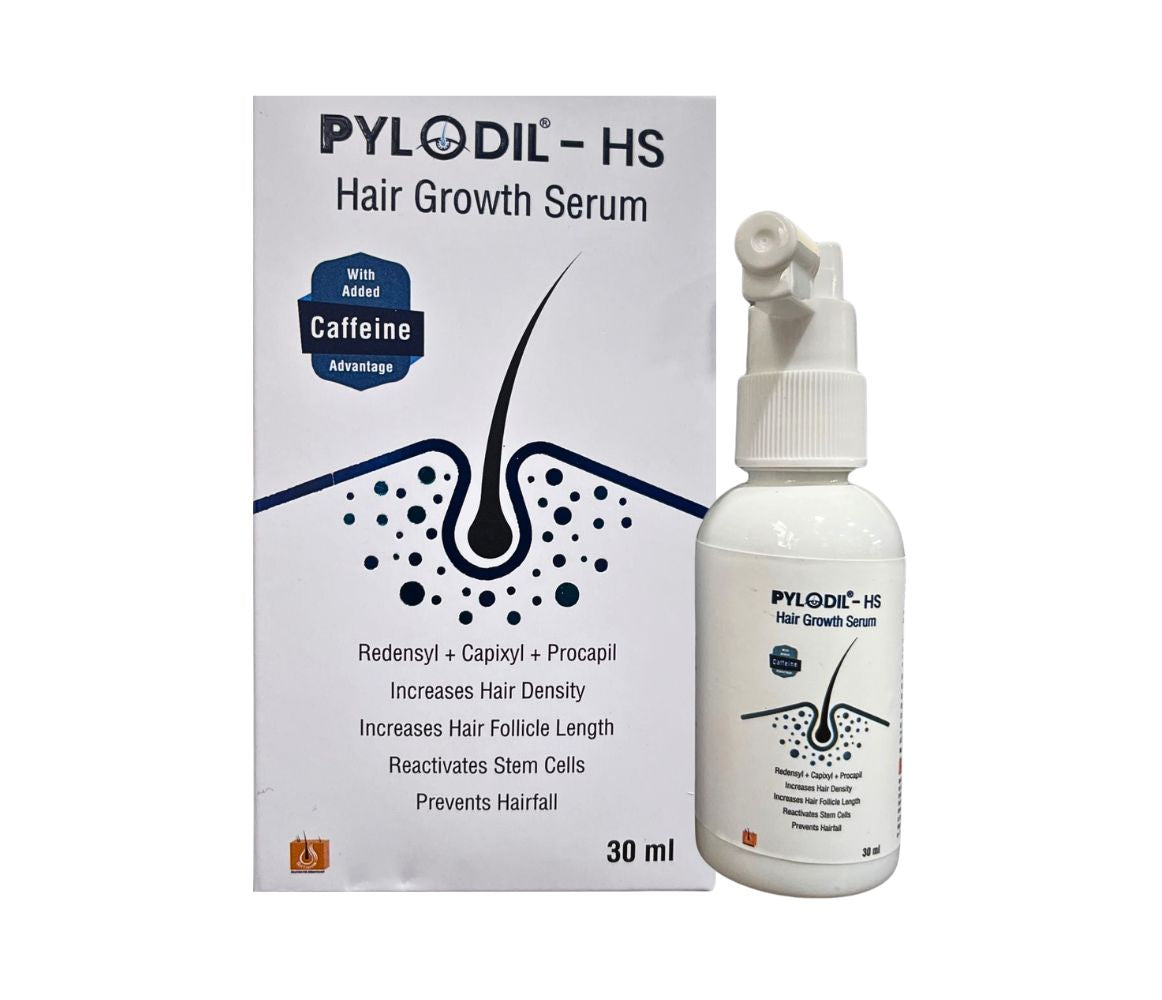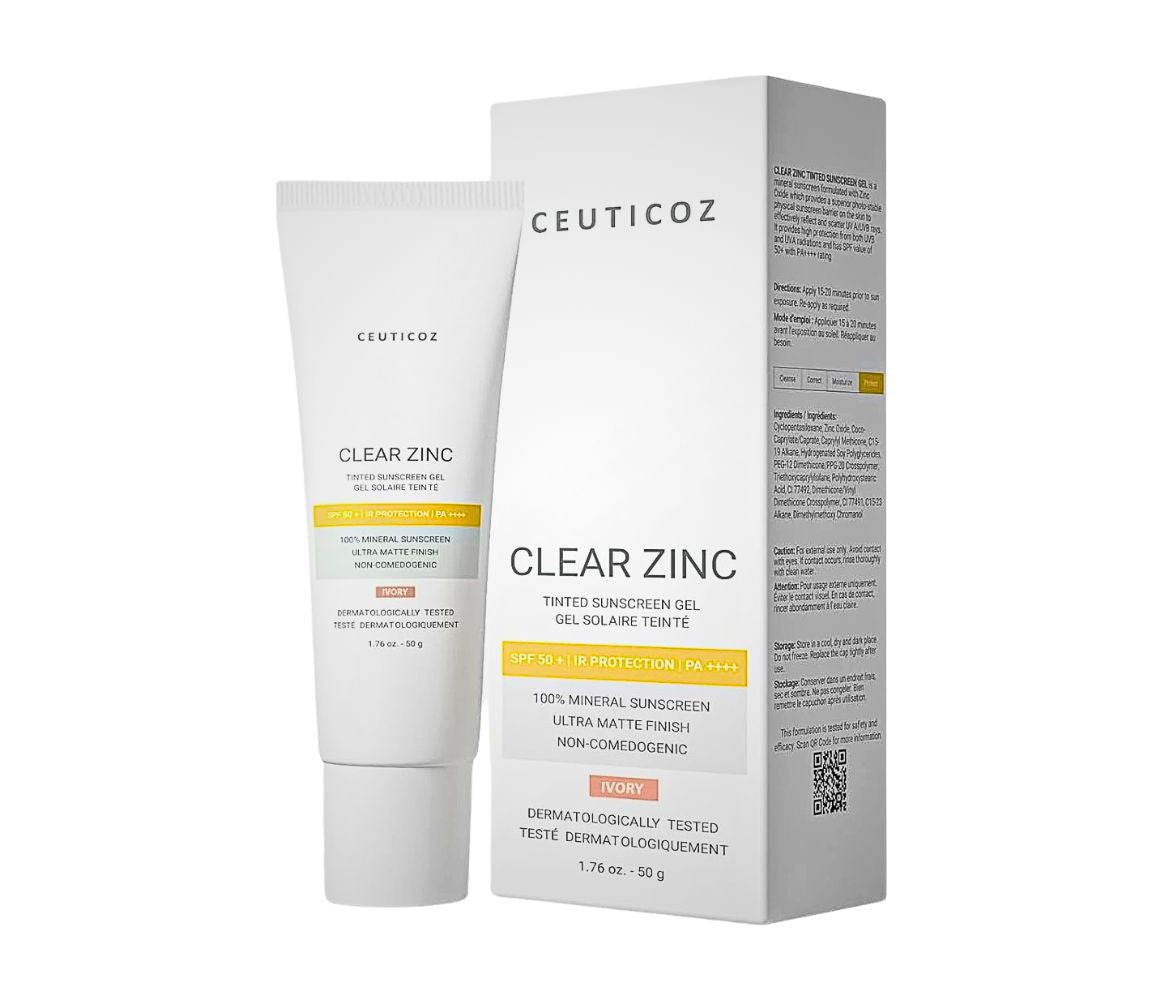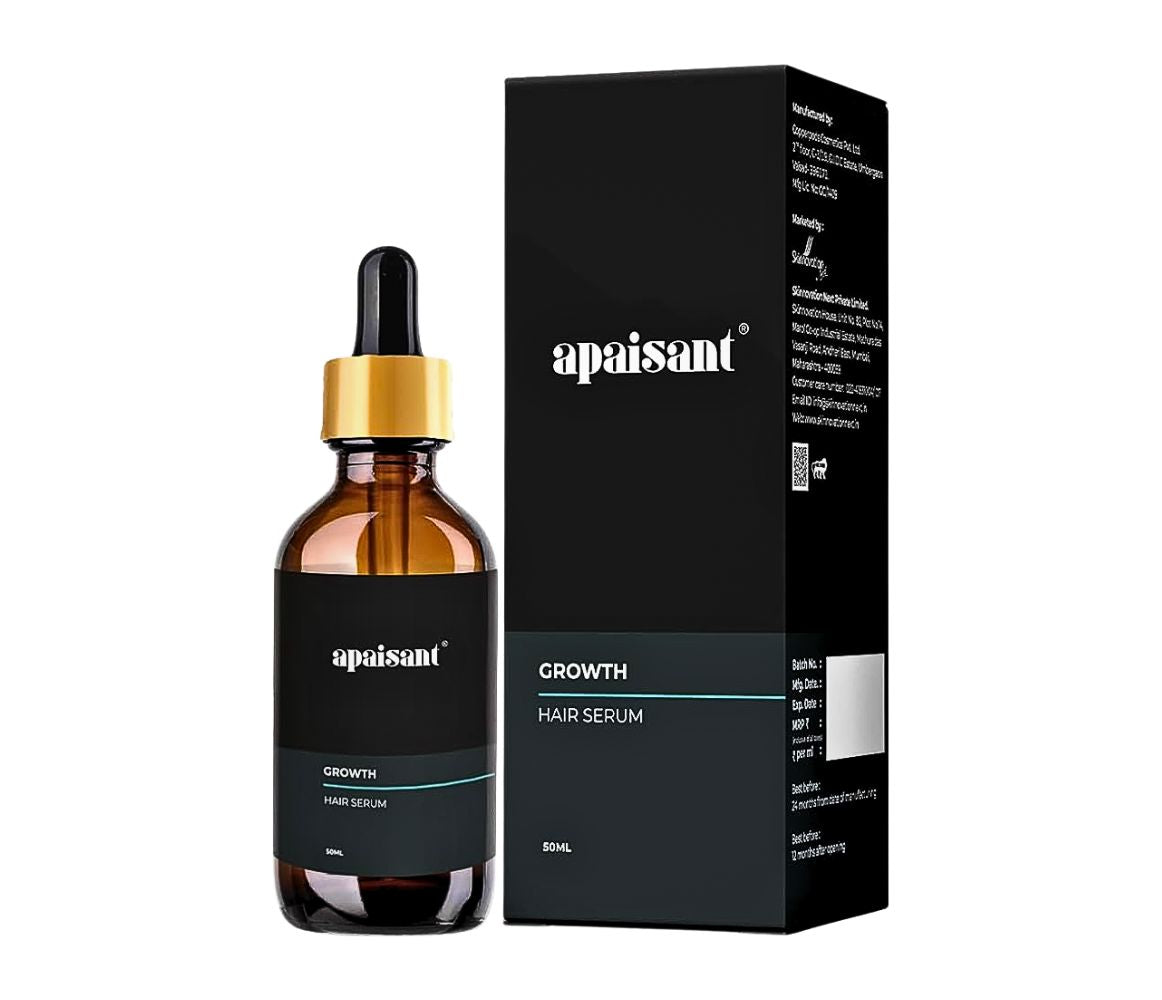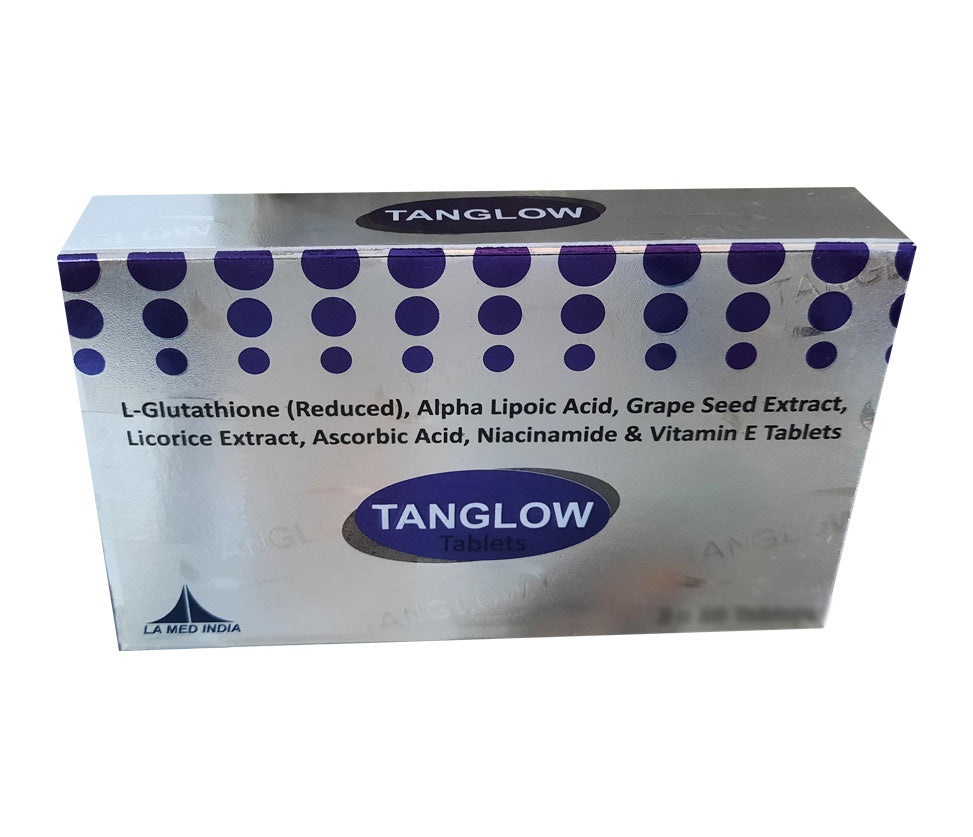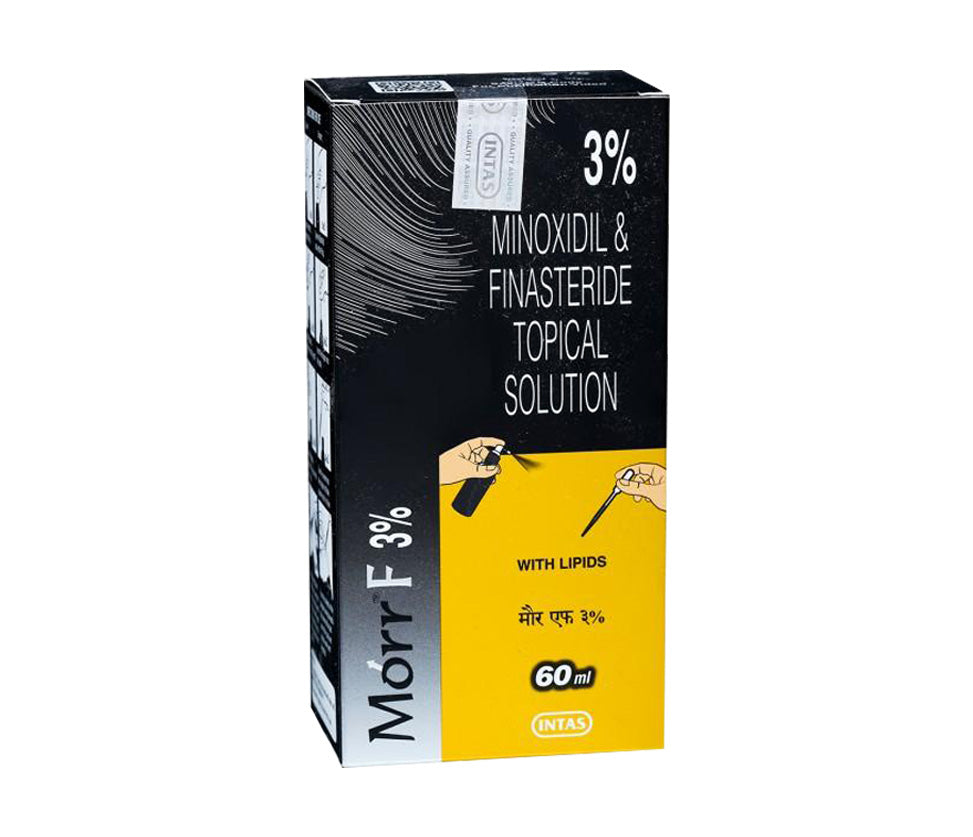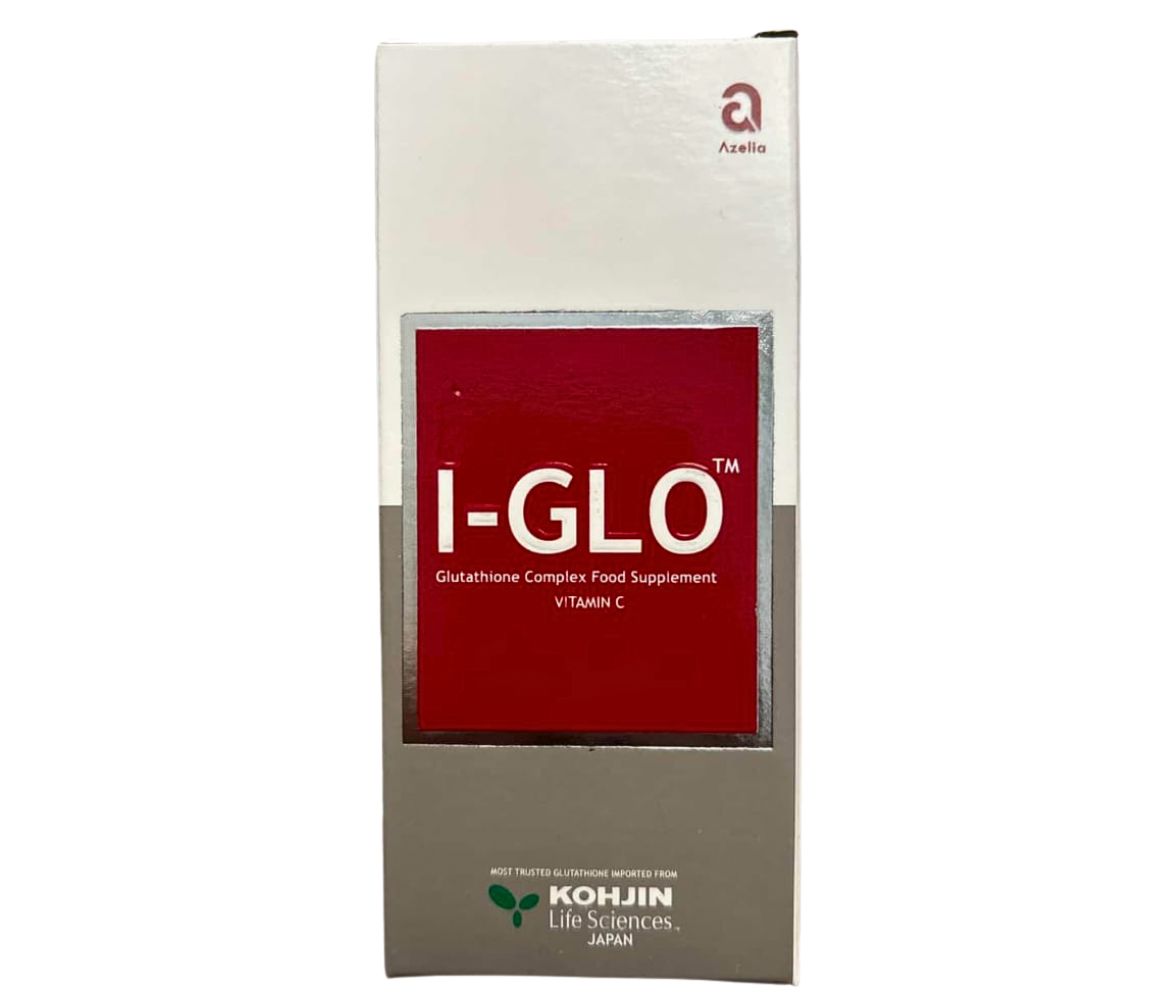Hydration Hero: Why Hyaluronic Acid is Your Skin's New Best Friend
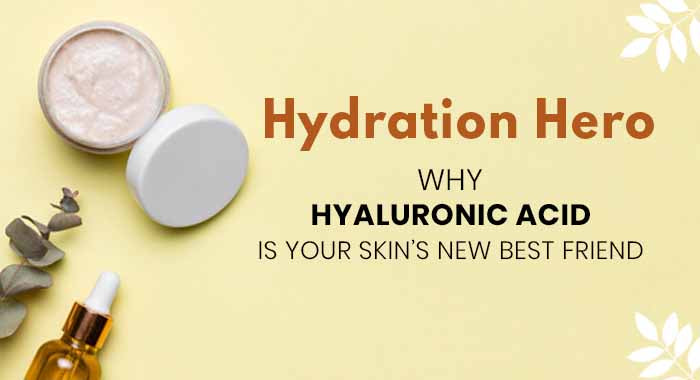
Hyaluronic Acid: Benefits for Skin, Hair, and More
Recently, the hype about using hyaluronic acid in skin and hair care regimens was witnessed. Let's discuss what's so lovable about this skin and hair care product component.
Hyaluronic acid is made up of sugar molecules called polysaccharides. These molecules work to cushion and lubricate, and they're found naturally in the body's connective tissues.
Hyaluronic acid is gooey and slippery. It is found throughout the connective, epithelial, and neural tissues, primarily in the skin, joints, and eyes. It is also known as hyaluronate or hyaluronan. Hyaluronic acid acts as a humectant by retaining moisture in the body. The amount of hyaluronic acid may decrease due to age, exposure to direct sunlight, pollution, tobacco, and smoking.
Hyaluronic acid is generally used in many forms like Serums, Creams, Lotions, Tablets, Powder, Capsules, Gels, Soft gels, Sprays, and Eye drops.
How Does Hyaluronic Acid Work?
Hyaluronic acid belongs to a long, complicated chain-like molecule called polymers. The chain has plenty of spots where other chemical compounds (like water) can latch on. That's why a quarter teaspoon of hyaluronic acid can carry about one and a half gallons of water, making it the finest polymer — natural or artificial — for absorbing water (a key ingredient in moisturizing products).
Because hyaluronic acid has lots of space for other molecules to lock on, it is ideal for transporting other molecules throughout your body. It also can bind itself to cells, which is why targeted delivery of medications using hyaluronic acid is a significant topic of study.
Hyaluronic acid's chain-like structure also means it can act like a scaffold, allowing tissues to grow. This is a vital step in how wounds heal on your body. Scientists have also found hyaluronic acid in human embryos and are studying what role hyaluronic acid plays in reproduction and development.
Advantages of Hyaluronic Acid
For Skin
Now, we will look at how hyaluronic acid application feasts your skin:
- Ample Hydration: Hyaluronic acid can increase skin moisture and help to make skin look plump and hydrated. It's a boon for people with dry skin. Hyaluronic acid is good at retaining water and hydrates lotions, creams, and serums.
- Anti-Aging: Approximately 50% of the body's total hyaluronic acid is found in the skin; it can be reduced over time due to age, UV damage, and smoking, resulting in wrinkles. Hyaluronic acid significantly reduces wrinkles and enhances skin firmness and elasticity. A study reported a 55% increase in skin elasticity and a 40% decrease in the depth of wrinkles when a group of participants applied hyaluronic acid serum twice daily for 8 weeks.
- Anti-Acne: Hyaluronic acid controls excessive sebum production, thus preventing acne breakouts. Keeping the skin hydrated helps promote healing and reduce inflammation.
- Treats Eczema: A few studies reported that having hyaluronic acid in foams helps to relieve symptoms of mild to moderate eczema by improving skin barrier function by the second week of use.
- Improves Skin Radiance and Texture: Hyaluronic acid is the best skincare ingredient to keep skin hydrated and radiant. It also works by improving skin texture and combats dryness and patchy skin. Combined with niacinamide, it can also minimize pores and promote a clear complexion.
- Heals Wounds: It helps retain moisture in the skin and allows tissue regeneration to be involved in wound healing. A study suggested that applying hyaluronic acid to the skin to heal wounds can help ease inflammation and regulate tissue repair.
For Hair
Let's talk about how hyaluronic acid helps hair:
Hyaluronic acid absorbs its weight in water, adding moisture to hair follicles. It helps to provide a smooth and less frizzy appearance.
Supplements or topical hair treatments containing hyaluronic acid, then, could potentially:
- Help revitalize hair
- Improve hair's overall look and texture
- Boost hair's ability to hold onto moisture
Dermatologists caution that adding hyaluronic acid to your hair care routine is unlikely to stop existing hair loss, though some people claim it can help.
Additional Benefits:
- Relieves Joint Pain: Hyaluronic acid helps in the growth and development of bones, cartilage, and joints by promoting the growth of new cells. It also works by reducing joint inflammation and pain caused by tissue degeneration. Doctors recommend hyaluronic-based supplements, capsules, tablets, or other forms like injections (intra-articular) to relieve symptoms of osteoarthritis.
- Moisturizes Eyes: Eye drops containing hyaluronic acid will protect your eyes from irritations such as contact lenses and dry air and provide relief after an injury to the eye, such as corneal abrasion. It can treat eyes and prevent dark circles under the eyes, wrinkles, or fine lines in the eye area.
- Improved Gut Health: Hyaluronic acid improves hydration, maintains a healthy gut microbe, and leads to joy and well-being by reducing pain and stiffness. Hyaluronic acid also helps to relieve the damage caused by stomach acid in the esophagus and promotes quick healing.
Food Sources of Hyaluronic Acid:
Topical application of gel, creams, and lotions containing phytoestrogens (plant-based estrogens) for 12 to 24 weeks has increased hyaluronic acid levels. Food sources of phytoestrogens include Soybeans, Garlic, Celery, Coffee, Sweet potatoes, Carrots and Fruits like Pomegranates, Apples, Chaste berries.
Side Effects of Hyaluronic Acid:
- Injections: Hyaluronic acid dermal fillers' most common adverse effects are pain, bruising, swelling, redness, and itching. These side effects are self-limited and typically last no more than 7 days.
- Oral: Allergic reactions might occur but are rare.
Takeaway:
- If you are allergic to hyaluronic acid, don't use it in any form.
- There is no evidence to support whether Hyaluronic acid is safe for pregnant females and nursing mothers, so consult a doctor before using it.
- If you are receiving radiation therapy, do not use hyaluronic acid; it may lead to scleroderma (hardening of skin and connective tissues).
Hyaluronic acid can be used in multiple ways to add to the overall health of any person. Like any other supplement, it is necessary to consult a doctor before including it in a health regimen.
References:
https://www.ncbi.nlm.nih.gov/books/NBK482440/#:~:text=The%20most%20common%20adverse%20effects,no%20more%20than%20seven%20days.
https://www.ncbi.nlm.nih.gov/pmc/articles/PMC3583886/
DISCLAIMER : This website provides general information for educational purposes only and should not be considered a substitute for professional medical advice, diagnosis, or treatment. Always seek the guidance of a qualified healthcare professional with any questions you may have regarding a medical condition. Do not disregard professional medical advice or delay seeking it because of information you've read on this website. Your health is important – when in doubt, consult a doctor.

